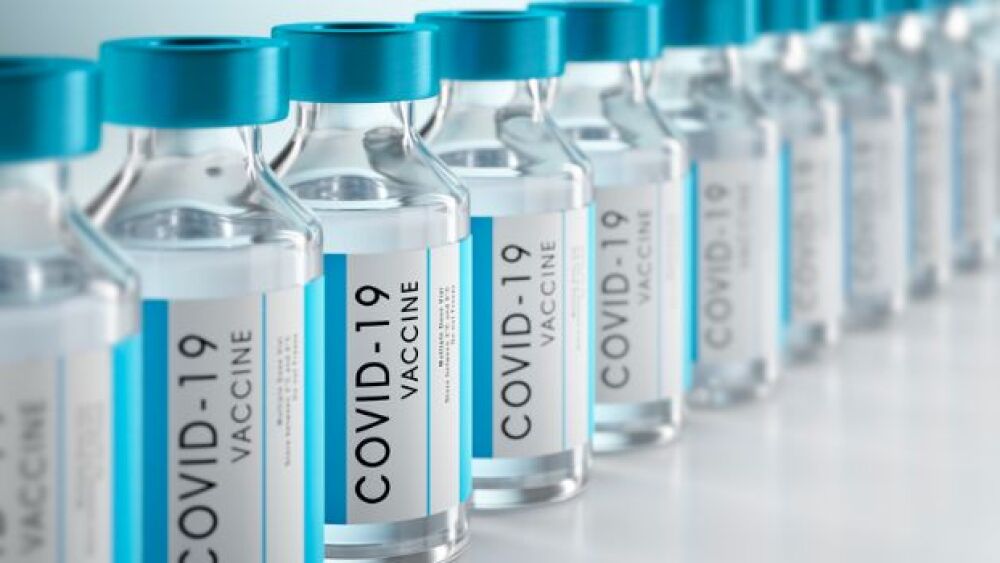How many boosters are enough to protect against COVID-19 infection? This question has been at the forefront of the minds of everyone as news crops up about yearly boosters.
How many boosters are enough to provide protection against COVID-19 infection? This question has been at the forefront of the minds of experts and the general population as news continues to crop up about yearly boosters.
Approximately 82% of the U.S. population has received at least one dose of a COVID-19 vaccine, according to the Centers for Disease Control and Prevention, and for a good reason – the three-dose series, which includes one booster, can provide efficacy up to 95% against infection. However, as companies have noticed that immunity wanes over time in those vaccinated, the solution has become to introduce boosters, with some companies developing annual boosters that are meant to protect against several variants of SARS-CoV-2 each year.
Some experts fear that the push towards annual boosters isn’t based on sufficient data. In March 2022, the U.S. Food and Drug Administration authorized a fourth booster shot for Pfizer and Moderna’s COVID-19 vaccine for those ages 50 and up. However, the regulatory authority declined to hold a meeting of its vaccines advisory committee. Although the booster has been approved, neither the FDA nor the CDC has explicitly stated that getting the booster is needed for the age group.
Moreover, more than 60 scientists across the U.S. signed a letter in April 2022 urging the FDA to consider and include assessments of T cells as a measurement of effectiveness for COVID-19 vaccines. Including an evaluation of T cells, immune cells that stimulate other cells to make antibodies and provide long-term protection against infections could help answer the question of long-term vaccine success and help to quell the call for more boosters.
Other experts have concluded that the public needs to recognize that vaccines may not prevent every single infection caused by SARS-CoV-2 but rather decrease the odds of developing severe disease and dying from the illness. However, the public may be concerned about developing Long COVID, which can occur after even a mild infection. There is research suggesting that the COVID-19 vaccine can help prevent some symptoms of Long COVID, but ongoing studies present mixed results.
In any case, vaccine developers like Moderna have clinical trials underway to evaluate the efficiency of bivalent COVID-19 vaccines, which would be given annually to protect against emerging strains. Other companies like Meissa Vaccines are developing an intranasal vaccine that would help provide protection against SARS-CoV-2 in the upper respiratory tract, where the virus is most likely to set up shop.
Beyond debates on vaccination protocol, companies are still working to develop effective therapies for those with COVID-19. The Biden Administration announced that it plans to expand the availability of Paxlovid, an antiviral treatment produced by Pfizer. The administration will be making the pill available directly to pharmacies and is expected to boost the number of sites that carry the medicine to 40,000 locations. This month, the World Health Organization indicated support for the treatment, which is reported to reduce the risk of hospitalization or death from COVID-19 by 89%.





